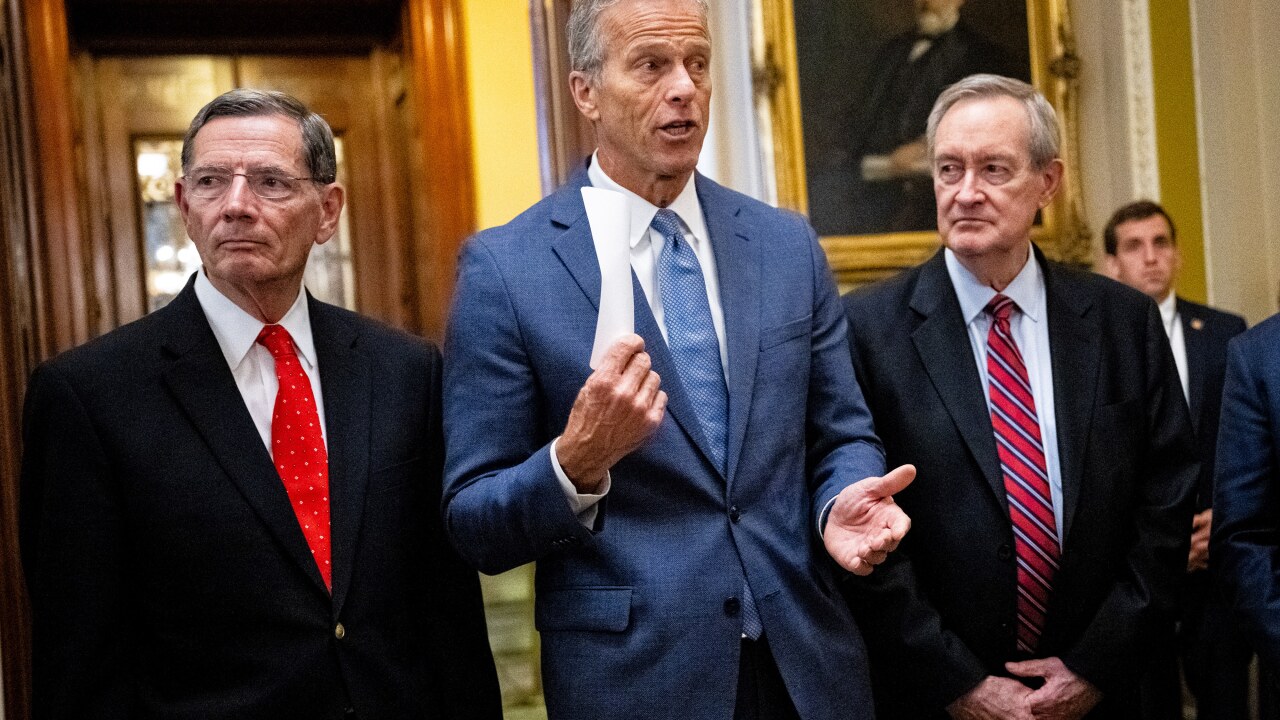Global Cash Access Inc. is getting out of the card business.
The main business for the Las Vegas unit of Global Cash Access Holdings Inc. is providing automated teller machines to casinos. Its Arriva credit card, introduced in 2006, is considered an extension of that core activity, because the card was pitched to casino patrons, who could use it only for cash advances at casinos.
But Global Cash Access said last week that it would stop offering the card, which never left the pilot stage, probably next quarter.
The issue was not that the card was slow to catch on, nor the riskiness of its target market. (In fact, it was offered only to prime customers.) Instead, the card fell victim to the same external factors driving up delinquencies and cutting into earnings at all card companies, Global Cash Access said.
"In light of the worsening credit environment and the high operating expense, we have made the hard decision to exit this business," Scott Betts, the president and chief executive of the unit and the parent company, said in a conference call with analysts.
Udai Puramsetti, executive vice president of operations, said in an interview, "There is no question that the Arriva card was successful in its mission to deliver additional cash to the casino gaming floor." But, "it's unlikely that any consumer credit product in this environment will be immune to loss."
The card "met with success in numerous ways," Mr. Puramsetti said, but his company concluded that "the current environment of consumer credit delinquencies and general credit market turmoil made discontinuation a prudent business decision."
At yearend there were 11,004 Arriva accounts, with an average balance of $2,900. Cardholders have charged $46.4 million on the cards since their introduction, and the company has had $2.8 million of chargeoffs. The cards are issued by CIT Bank, an industrial loan company owned by CIT Group Inc. of New York.
Global Cash had said as early as last quarter that it had been considering exiting the card market, and though Mr. Puramsetti said it is still offering Arriva cards, it is now opening fewer accounts.
He also said his company has made no decisions about what to do with Arriva Card Inc., the subsidiary that offered the card. "There is definitely interest" from prospective buyers, but Global Cash might decide to close the accounts rather than sell them. It will "do what is in the best interest of our shareholders."
Mr. Puramsetti also said that the Arriva model of catering to gamblers did not increase its risk, because only gamblers with a history of paying their debts received card offers. "The Arriva portfolio consisted of prime credit risks."
Brian Riley, a senior analyst in the bank card practice at TowerGroup, a Needham, Mass., independent research firm owned by MasterCard Inc., said that Arriva's problems did not stem from the focus on casino patrons as much as the fact that the patrons could not use the card anywhere else.
"It was a limited market," Mr. Riley said, but the model did provide some insulation from the pressures facing other financial companies. "In a bad economy, casinos and liquor sales tend to be very good."
Offering the card only to prime borrowers may have helped to some extent, but it did not make Global Cash Access immune to the rising delinquencies hitting other card companies, he said.
"If you look at something like American Express, they're obviously very selective in who they do business with," Mr. Riley said. American Express Co. said in January that chargeoffs were increasing, and that the spending growth began to slow in December.
"It shows you how fragile" the market can be, even for people with good credit, he said. "With that universe being affected, it decreases the pool of people they have to deal with."
Tien-tsin Huang, an analyst at JPMorgan Securities Inc., wrote in a research note issued last week that dropping the card would be a good move. "Exiting the business should remove the consumer credit overhang," he wrote. "We liked the Arriva concept, but an exit in this environment seems like the right call."





